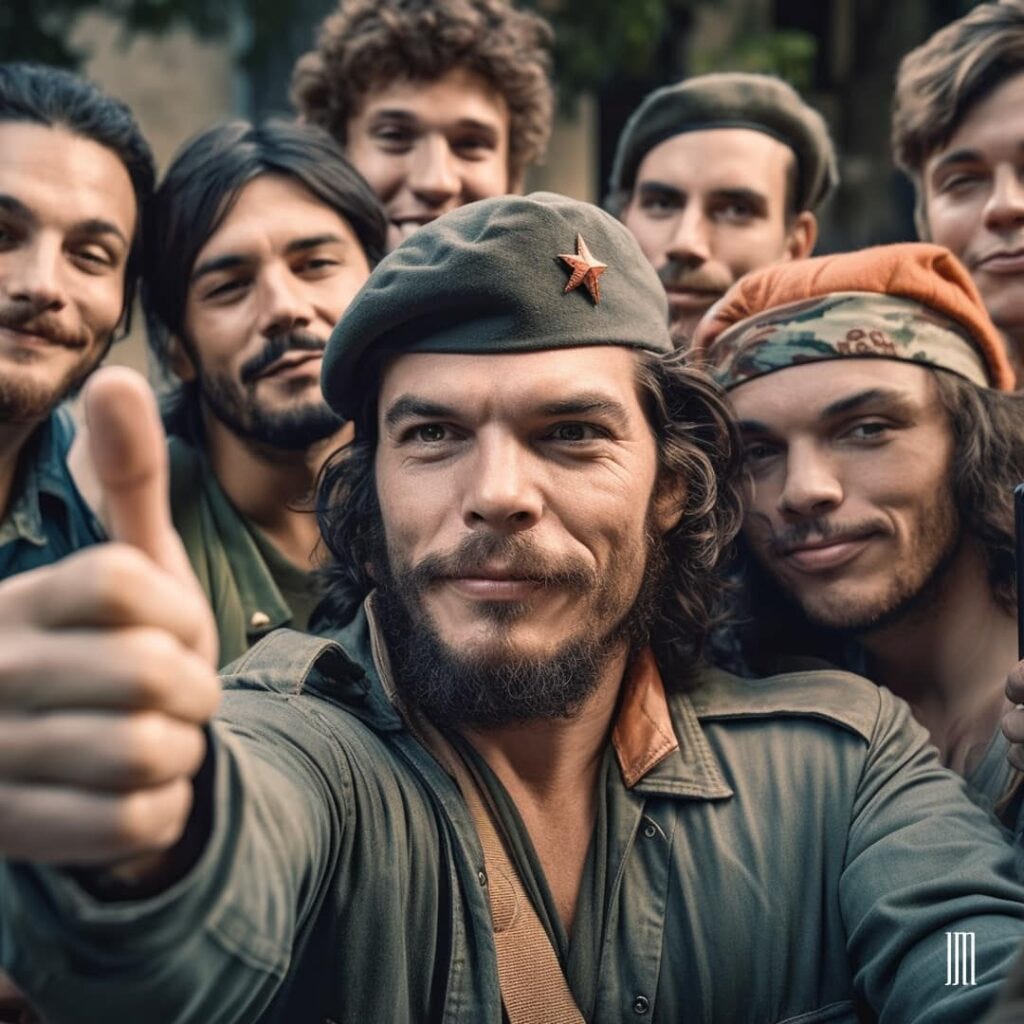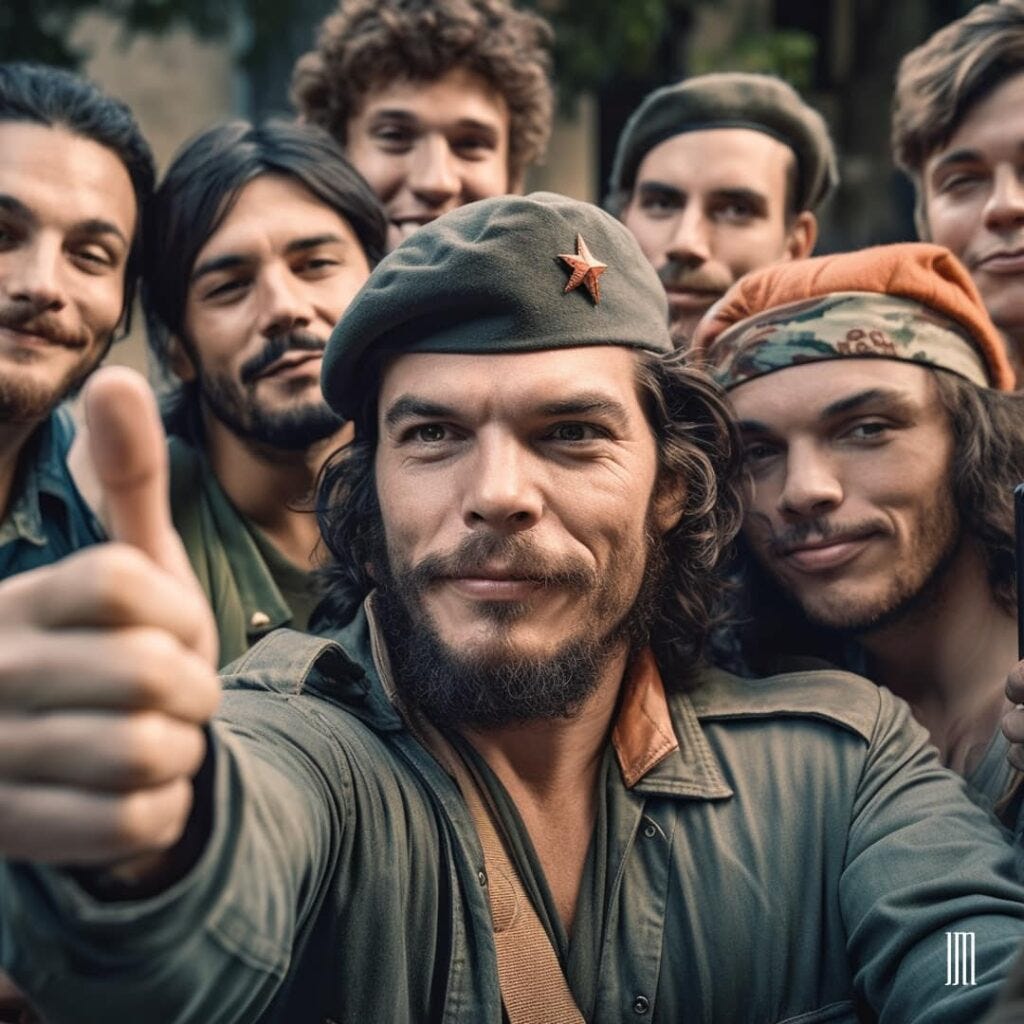Leadership in Chaos: 9th edition.
the paradox of control, transformers, rugged flexibility.
“Some people worry that artificial intelligence will make us feel inferior, but then, anybody in his right mind should have an inferiority complex every time he looks at a flower”.
Alan Kay, Computer Scientist.

Jyo John Mulloor
Change: the paradox of control.
A thought for leaders: Our brains have evolved to try to control our environment. To keep us safe. And because it’s been effective, we try to do it often. But often in the wrong places. Where it doesn’t work. Attempting to control the uncontrollable, is “misapplied control”, which isn’t good. In this era, leaders need to think less like a controlled hill climber, and more like an agile surfer. Reacting quickly to complex, chaotic and uncertain events. In real time. Without drowning.

Jyo John Mulloor
Culture: transformers.
A thought for leaders: So, there’s no turning back. What comes next, will transform work. Productivity, roles, job specs, will all be reimagined. And just as digital first companies gained an advantage, AI native companies will too. But this leap forward will only be possible, with a culture willing to leap. A curious culture. Willing to learn. Willing to transform. Do you have a culture full of transformers?

Jyo John Mulloor
Resilience: rugged flexibility.
A thought for leaders: Remember that, after disorder (pandemic, climate, AI etc), there’s no going back to the way things were. It’s not X to Y, back to X. But X to Y, to Z. You will persevere not by resisting or regressing, but arriving at someplace new. Resistance is futile, and resilience, therefore, is not letting change just happen to you or your organisation, but letting it be part of you, with rugged flexibility.

Jyo John Mulloor
Podcast: Deepening Connections in Chaos
This week we’re raiding our podcast library.
In this episode we cover:
- What Star Wars has to do with building connection.
- How we often think we’re building connection when in fact we’re not.
- How our Tacit Wisdom is stronger than our intellectual knowledge.
- What to focus on to deepen connection.
…And..our discomfort with silence. Enjoy!
Listen to the full episode here.
You can follow Flow Group on Linkedin here.
P.S. This weeks featured artist is Malayali artist Jyo John Mulloor. He became an overnight sensation after he posted on his Instagram these time travelling and reality bending, ‘selfies’ taken by the world’s historical figures created using artificial intelligence.

